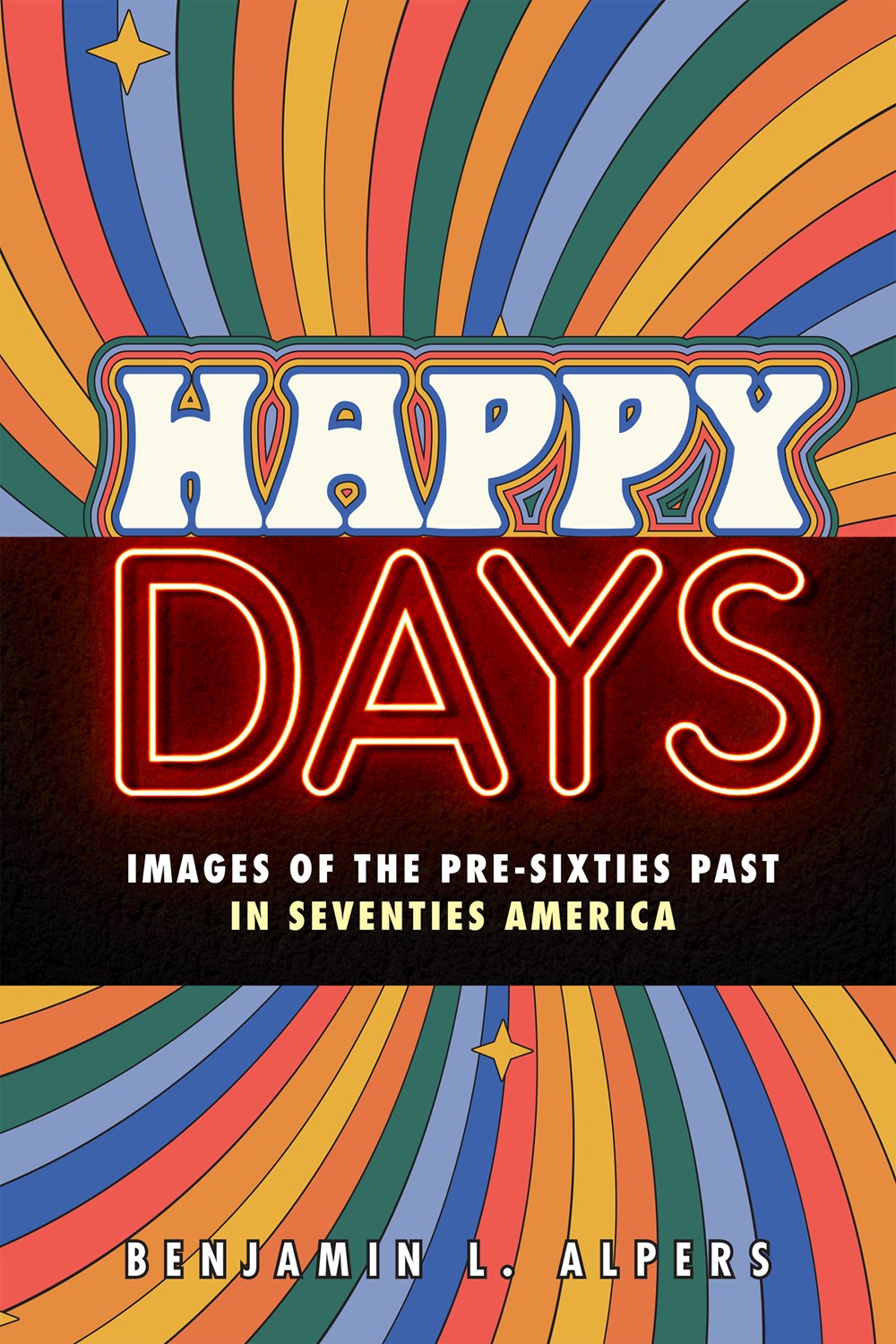2018 School Spending Survey Report
Happy Days: Images of the Pre-Sixties Past in Seventies America
COPY ISBN
VERDICT An intriguing perspective of 1970s American culture and nostalgia. Of interest primarily to history buffs.
RELATED
ALREADY A SUBSCRIBER? LOG IN
We are currently offering this content for free. Sign up now to activate your personal profile, where you can save articles for future viewing




Comment Policy:
Comment should not be empty !!!